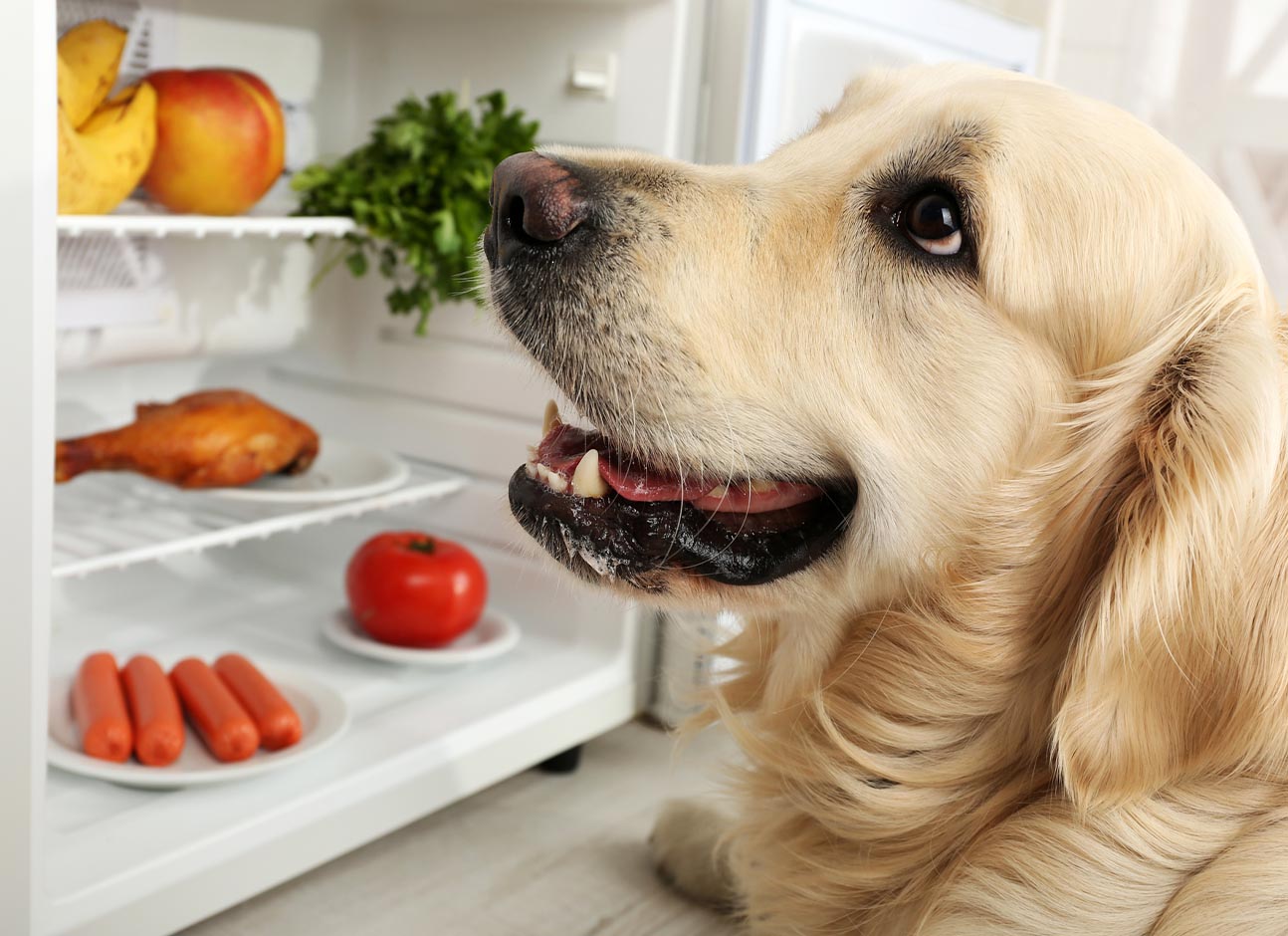When you first get a puppy, numerous questions arise about their living arrangements, feeding habits, and more. One essential aspect to address is your dog’s nutrition.
The dietary needs of animals depend on the mixture of acids in their stomachs, as different animals require different types of food. Dogs are related to wolves, with domestication and changes in living conditions altering their endocrine systems and psychological traits.
Experts in the field have identified foods that are easily, moderately, or poorly digested by dogs.
Dogs have small, pouch-like stomachs that are not suited for liquid food. Therefore, it is best to feed them solid, concentrated meals. Suitable options include raw meat with bones (beef, lamb, poultry), as well as raw duck and chicken parts such as paws, necks, and wings. However, opinions on proper nutrition for dogs vary. Some veterinarians advise against giving dogs bones they cannot chew or any bones at all. Boiled bones can be dangerous as they may splinter in the dog’s stomach and cause harm or lead to difficult bowel movements. Raw bones, on the other hand, typically dissolve in stomach acid.
Regular exercise is essential for a dog’s well-being. Dogs should be walked for at least two hours a day and be allowed to run, as it improves their appetite. Feed your dog after their walk, when they are rested and ready. Never force your dog to eat; if they refuse food, simply remove it. Always maintain a clean food dish and provide ample water in a large bowl.
Avoid feeding your dog boiled meat, as raw meat is more beneficial for their health. Raw meat encourages their bodies to produce vitamins K and C. While a meat-based diet is essential, it should be supplemented with additional nutrients to ensure a balanced diet. Opinions on whether to serve meat raw or cooked remain varied.
It is crucial not to give your dog boiled bones, even if they appear soft. Boiled bones combined with stomach acid can cause hard, light-colored feces, which may lead to injury and inflammation in the rectum.
Human food, such as pasta, semolina, potatoes, fried or stewed meats, sausages, confectionery, and smoked products, can be dangerous for dogs. Their stomachs lack the necessary acids to digest these foods, potentially leading to poisoning, gastritis, and colitis. Limit the amount of porridge and bread you give your dog, as excessive consumption may cause stomach fermentation, leading to bloat, a potentially fatal condition.
If your dog experiences poisoning, adhere to a strict diet for 20-30 days. Any deviation from this diet may cause chronic inflammation in the stomach, which can be challenging to treat. No matter how much your dog begs for human food, resist the temptation to give them fried meat, starchy or sweet foods, as doing so may have severe consequences.
